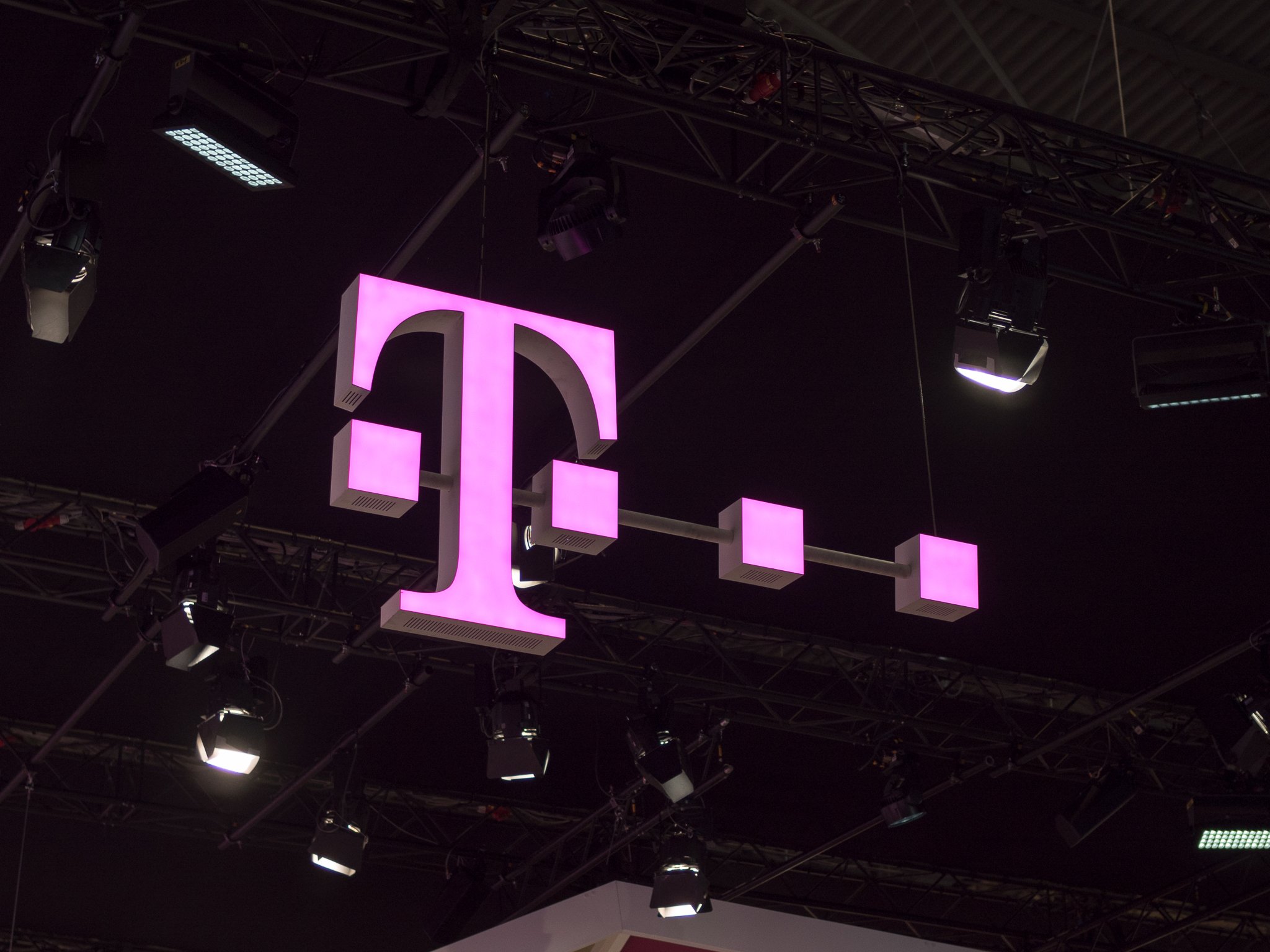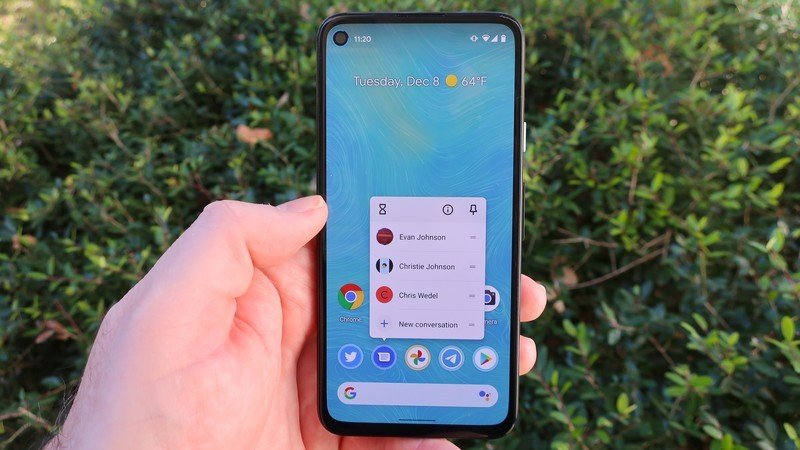T-Mobile commits to more Pixels, goes all-in on Google services

What you need to know
- T-Mobile announced a partnership with Google that will expand the Android platform on the network.
- Google Messages will become the default on Android phones sold by T-Mobile.
- T-Mobile will begin selling more Google Pixel phones and make Google One storage its default backup cloud storage.
T-Mobile and Google have announced a strategic partnership that will promote Android devices on one of the best wireless carriers in the U.S. As part of the new partnership, T-Mobile helps to further unify the Android ecosystem by adopting more of Google's services as defaults on the platform. In addition, T-Mobile plans to expand its offerings, which could introduce a wider variety of smartphones.

On the software front, T-Mobile more or less taking a backseat with its own software and "bundling" Google's apps and services into every Android phone it sells. One major advantage to this is the boost to Google Messages and RCS, now that T-Mobile plans to make this the default on all of its Android phones.
This includes phones like the Samsung Galaxy S21 which already include full support for RCS within Samsung's default messaging app. T-Mobile previously expressed its commitment to RCS in the past, but making Google Messages the default on its smartphones will further its efforts.
The switch, which should happen later this year, will help to establish RCS as a standard, giving users access to enhanced messaging and helping Google improve its messaging around Google Messages, which has lagged ever since it began pushing RCS features onto the app. T-Mobile also highlights the end-to-end encryption that Google has rolled out to beta users, stating that the rollout will continue throughout the year, offering better customer privacy.
T-Mobile is putting more Google onto your next Android phone.
T-Mobile also announced that it's making Google One its default for cloud backup storage on Android devices instead of bundling its own. This further differentiates T-Mobile from other carriers like Verizon, which prefers to bundle its various cloud and messaging services with its phones. Thanks to these changes, T-Mobile customers should notice a decrease in carrier bloat that often plagues new Android smartphones. It's unclear if T-Mobile will offer discounts for the service, which starts at $2 per month for 100GB, but customers will likely default to the normal free 15GB.
As part of T-Mobile's push to further promote Android, the company announced that it would begin offering a wider variety of devices, starting with Google's own smartphones. While the company currently sells the Google Pixel 4a 5G and supports other Pixel devices, it will likely mean that T-Mobile will sell future devices like the Google Pixel 6. Until now, Verizon has held a largely exclusive hold on the Pixel smartphones, so the move should expand the reach of not only Google's smartphones but other Android OEMs as well.
T-Mobile already has "the most Android smartphone customers in the U.S.," according to CEO Mike Seivert, explaining that the partnership extends the decade-long relationship between the two companies:
Get the latest news from Android Central, your trusted companion in the world of Android
We're building on our decade-long relationship with Google to give customers an even better experience with the world's very best products and services....it's the best of Google, combined with the nation's largest and fastest 5G network on T-Mobile.
T-Mobile also plans to focus on Google's entertainment offerings by switching to YouTube TV and shutting down TVision. The company also states it plans to invest more in Android TV, which means we could soon see the company offer more of the best Android TV boxes.

Derrek is the managing editor of Android Central, helping to guide the site's editorial content and direction to reach and resonate with readers, old and new, who are just as passionate about tech as we are. He's been obsessed with mobile technology since he was 12, when he discovered the Nokia N90, and his love of flip phones and new form factors continues to this day. As a fitness enthusiast, he has always been curious about the intersection of tech and fitness. When he's not working, he's probably working out.
